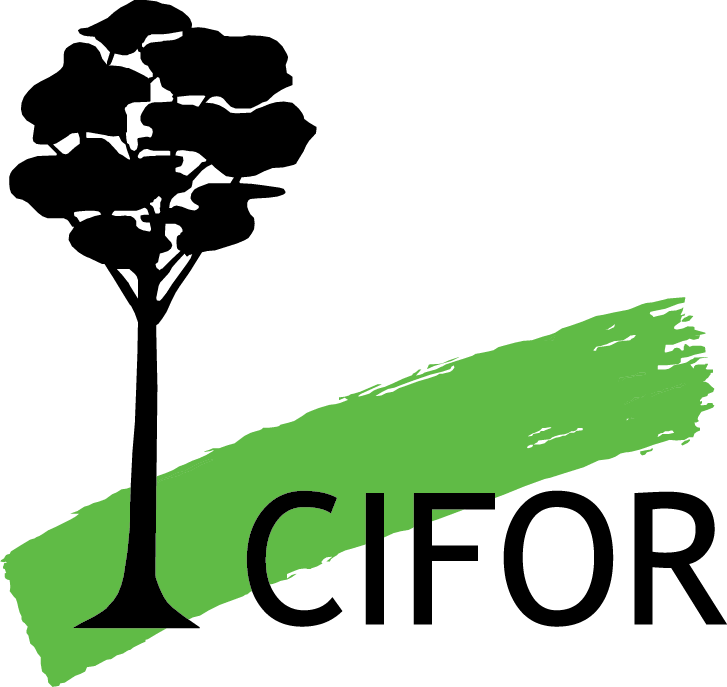Let’s Talk Trees
A podcast series created by the Center for International Forestry Research (CIFOR) and the World Agroforestry Centre (ICRAF) which aim to address the science of forestry, agroforestry and landscapes through stories, real-life experiences and the lives of people communities around the world. The aim is to make knowledge and information more human, relevant and understandable.
Podcast Episode
Refugee settlements in East Africa are usually located in dryland areas with poor soils and lack of irrigation water, creating more challenges in these vulnerable communities. Refugees rely on food rations from relief aid, mostly consisting of dry cereals that take a long time to cook, requiring a large amount of energy. Providing affordable and sustainable energy resources for refugees and their host communities poses a significant challenge.
In this episode of Let’s Talk Trees, World Agroforestry (ICRAF) bioenergy research scientist Mary Njenga, and Associate Director for Gender Initiatives at Pennsylvania State University Ruth Mendum discuss their experiences working with such communities in Uganda, Kenya and Ethiopia. They highlight the importance of working with both and their host communities to ensure best practices are deployed to produce food and cooking energy sustainably in the landscape. A gender-inclusive approach is critical to ensuring effective resource management, as women and children make up the majority of the inhabitants of refugee camps and settlements in East
Some refugee and host communities in East Africa are now practicing agriculture and agroforestry techniques that show promise in complimenting food and energy resources from relief aid, for example, to provide vegetables for the family. Such efforts shed light on the benefit of prioritizing local and regional food security for low- and medium-income countries.
Find more information about Resource recovery and reuse (RRR) in refugee settlements in Africa project, funded by the Federal Ministry for Economic Cooperation and Development of Germany (BMZ), and implemented by International Water Management Institute (IWMI), Pennsylvania State University, World Agroforestry, the Center for International Forestry Research (CIFOR) and the International Center for Tropical Agriculture (CIAT). The team also works with various organizations such as ADRA Ethiopia, Danish Refugee Council, the U.N. refugee agency (UNHCR) and U.N. Habitat to pilot and scale locally viable and gender-responsive circular economy-based solutions to reduce soil degradation and competition for natural resources between host and refugee communities in Uganda, Kenya and Ethiopia.

© 2020 Center for International Forestry Research (CIFOR)
